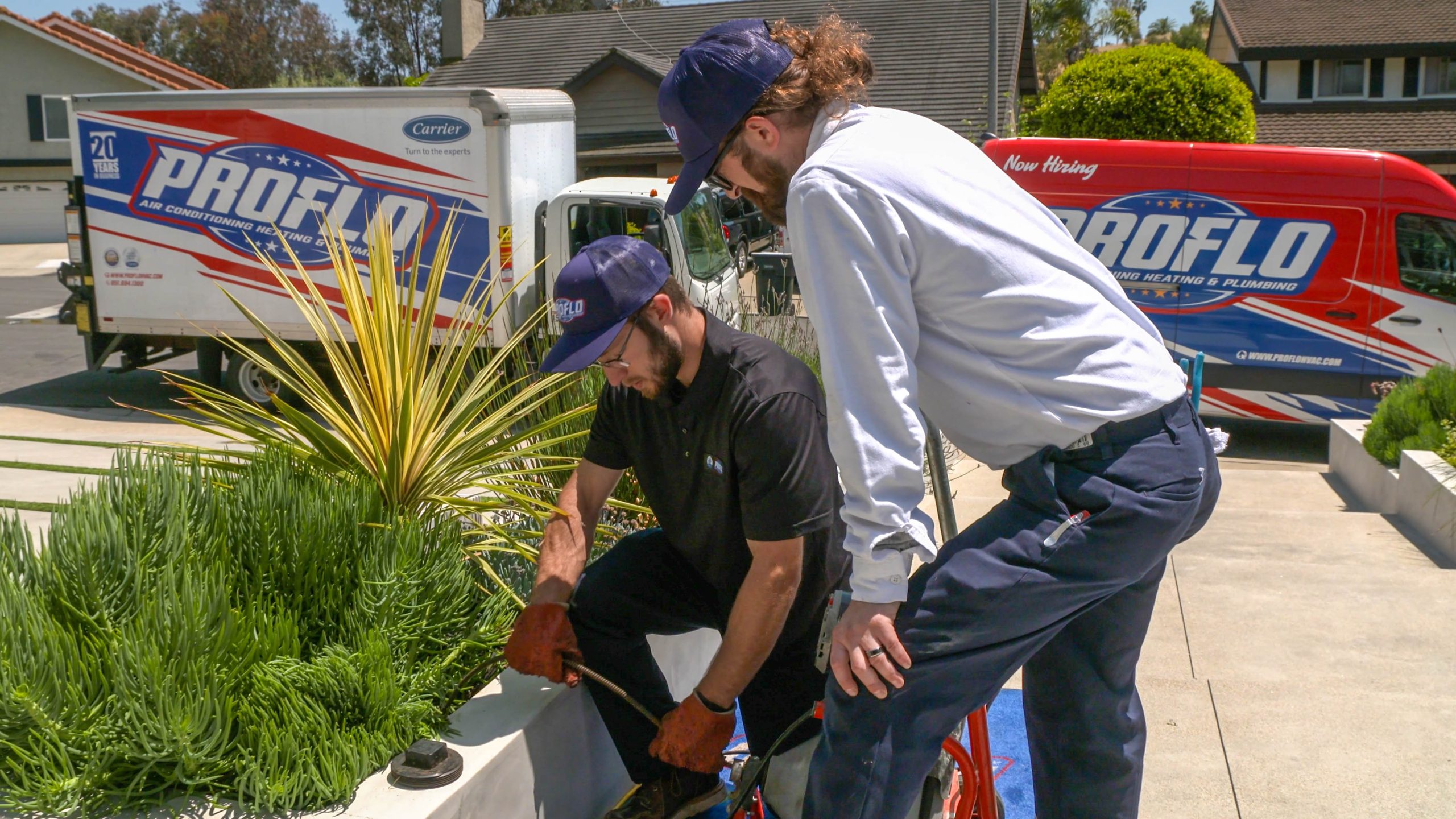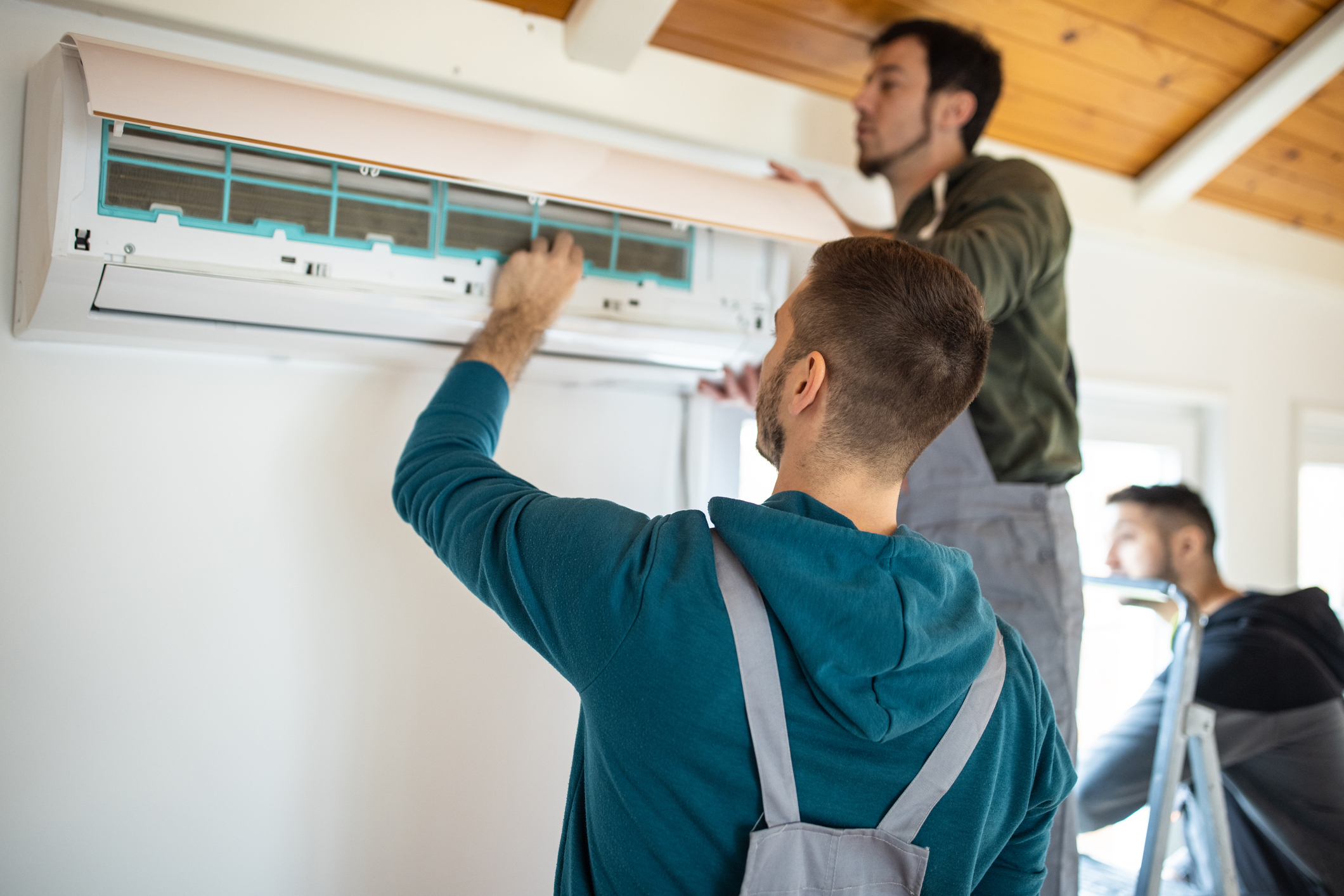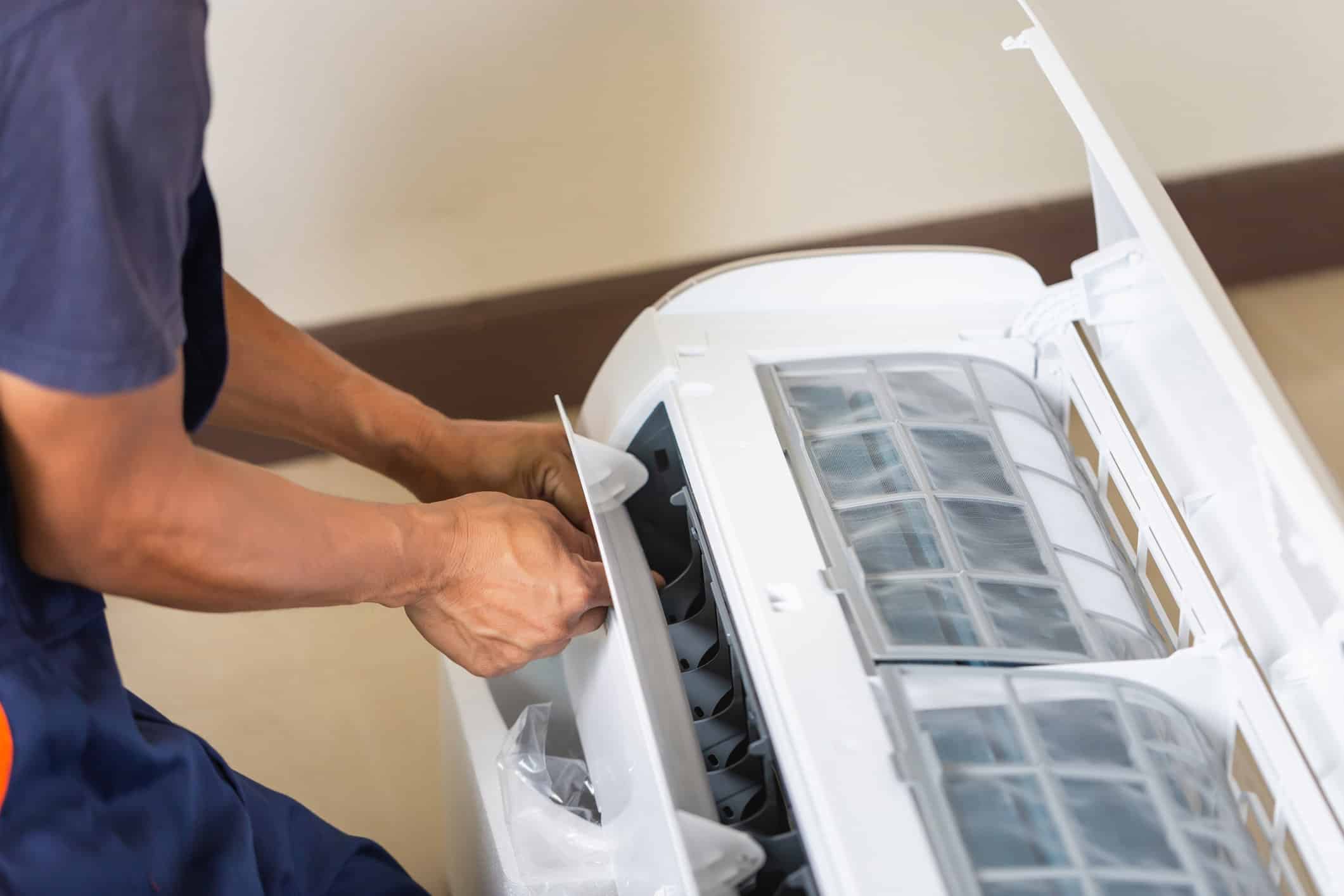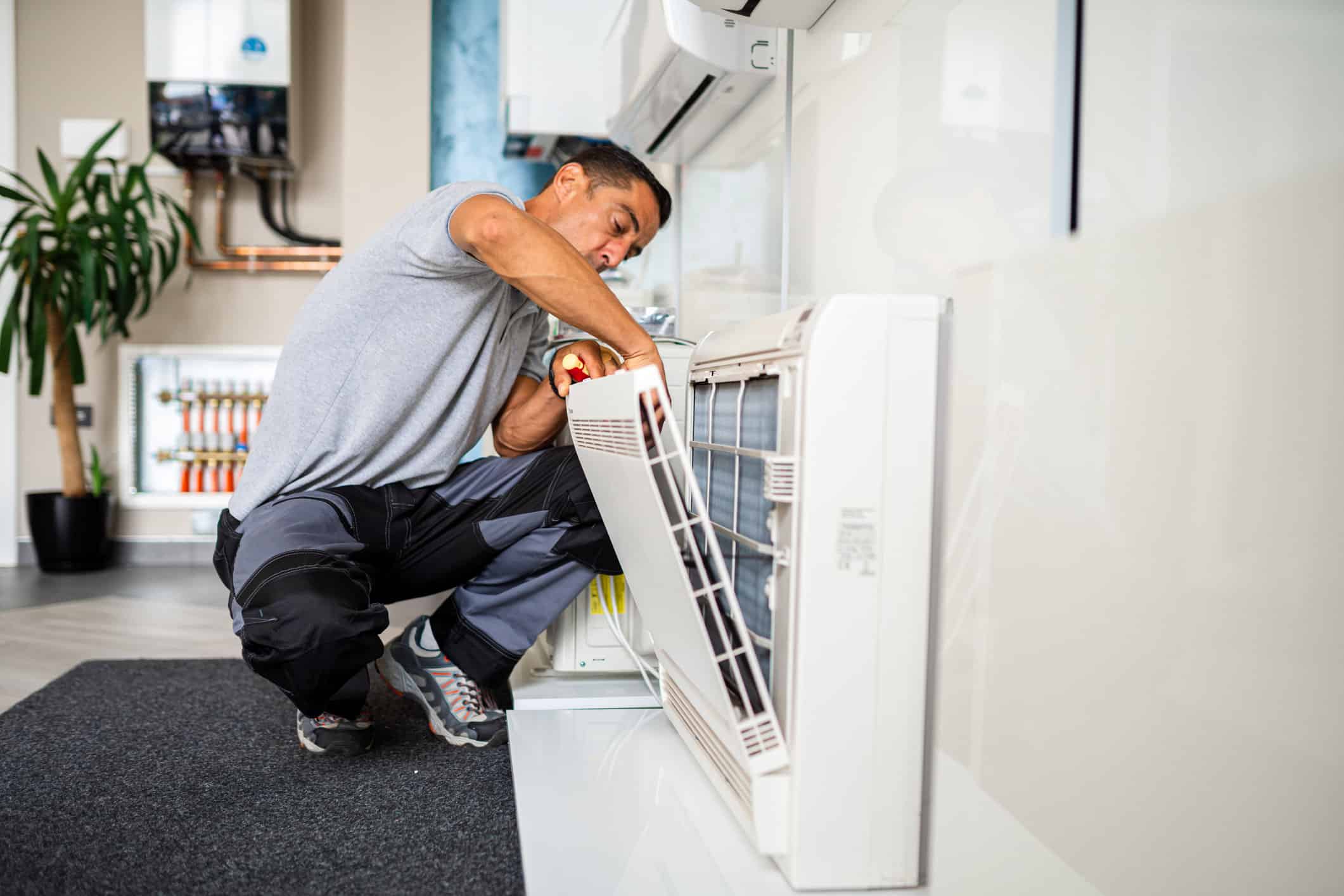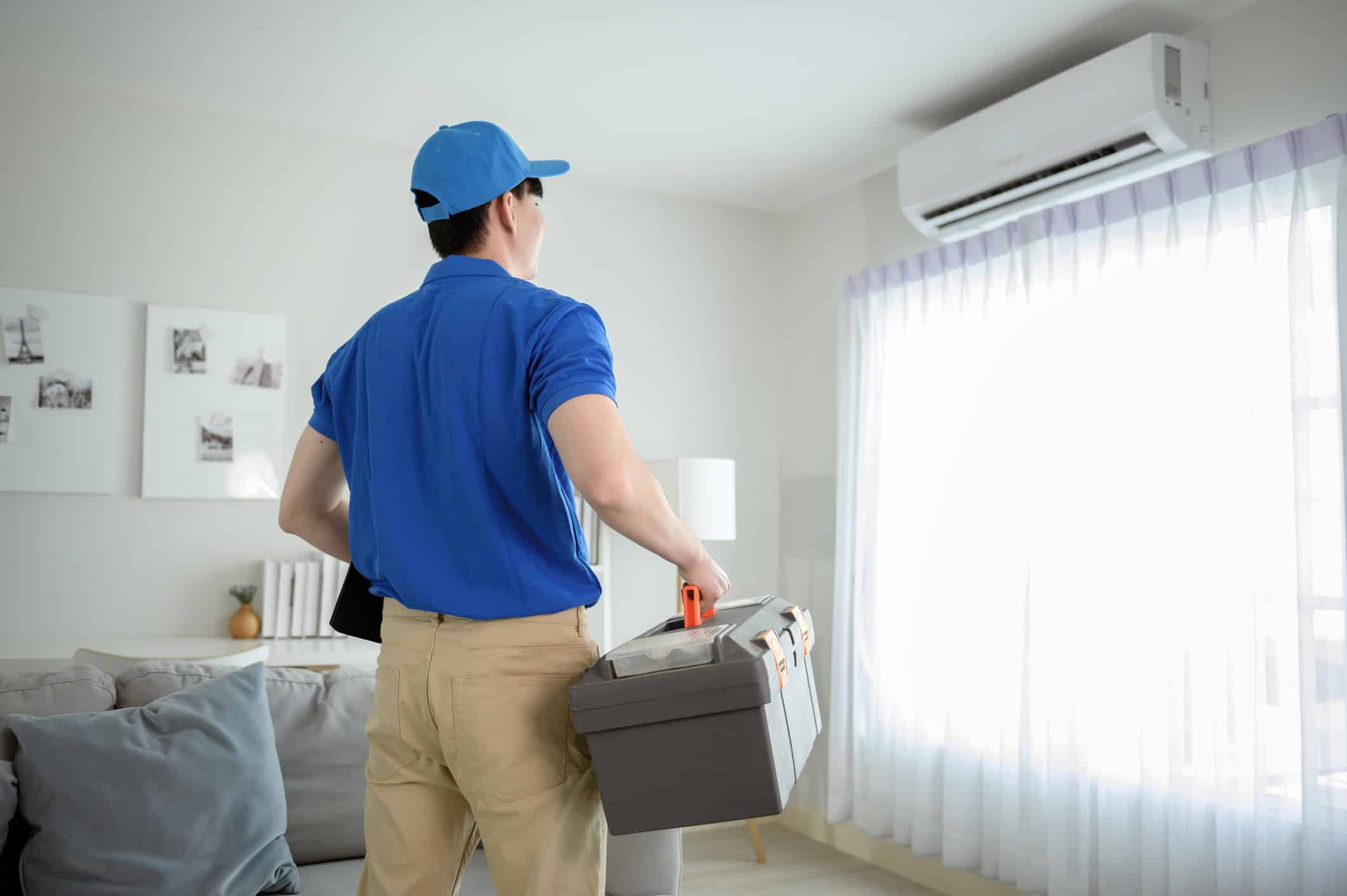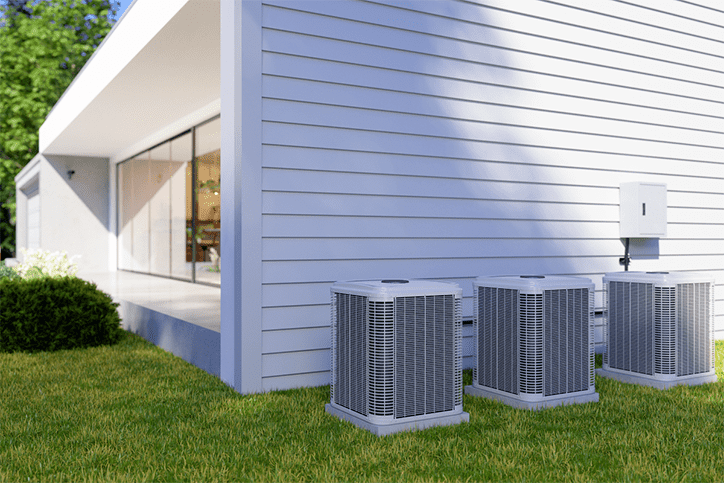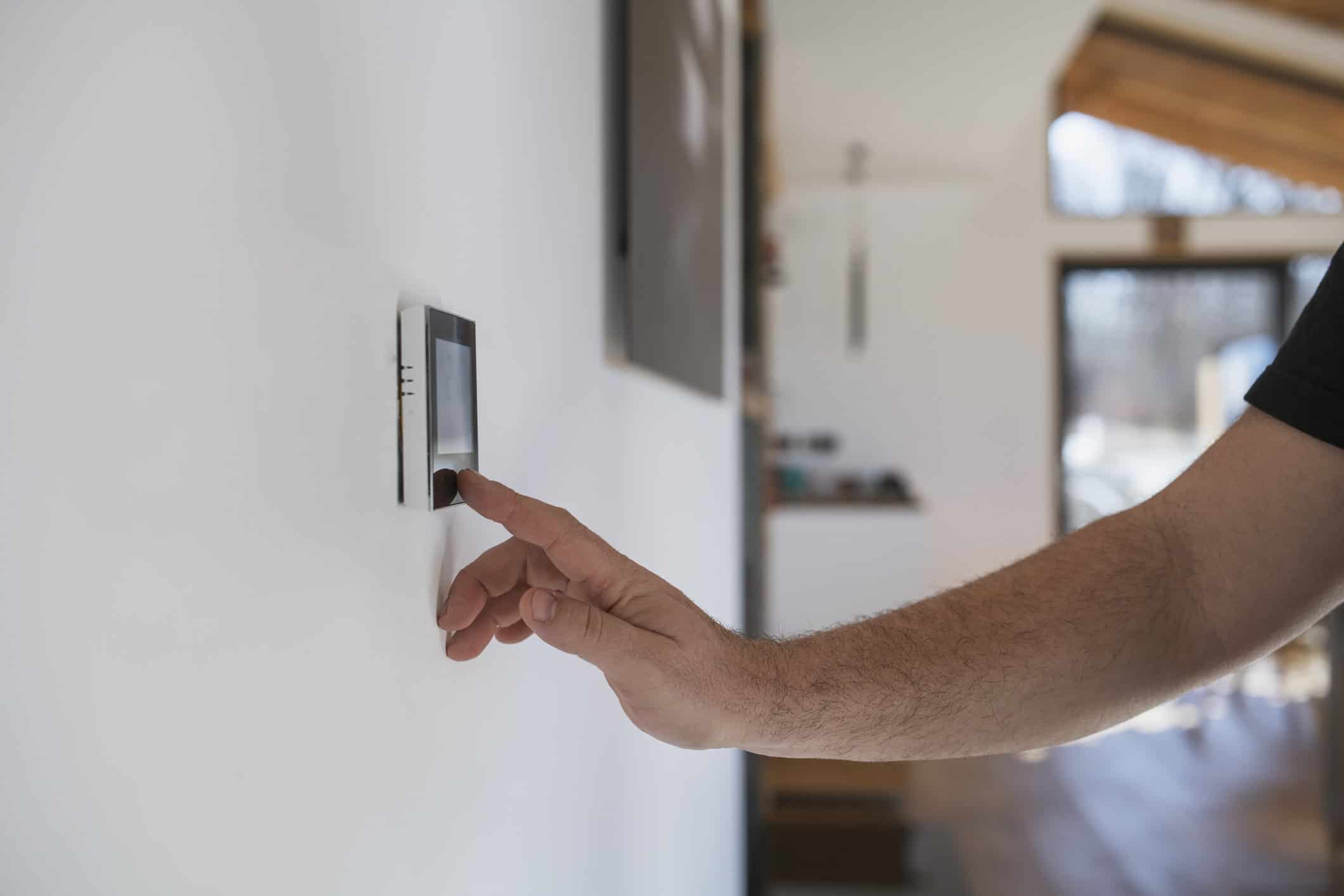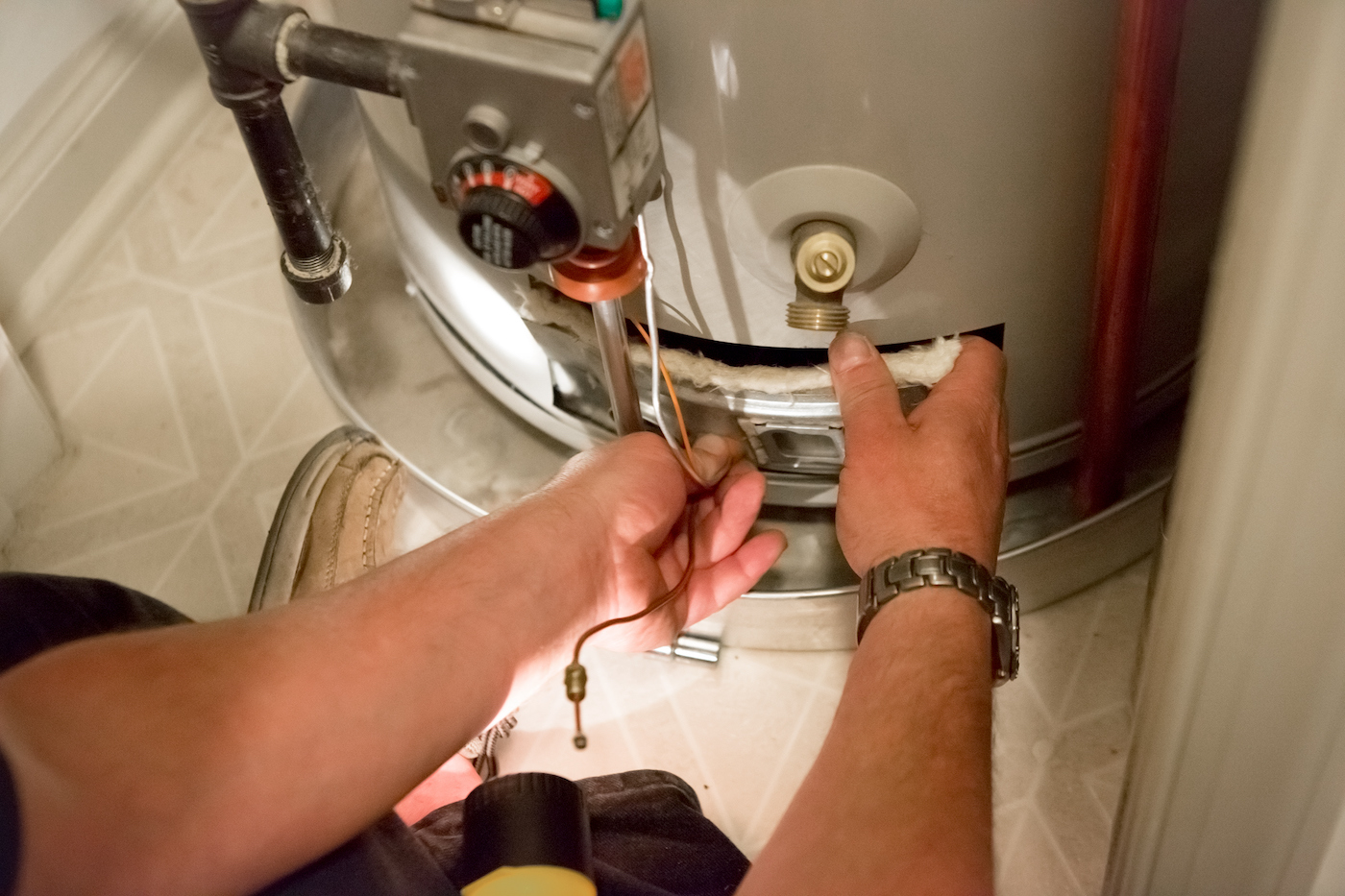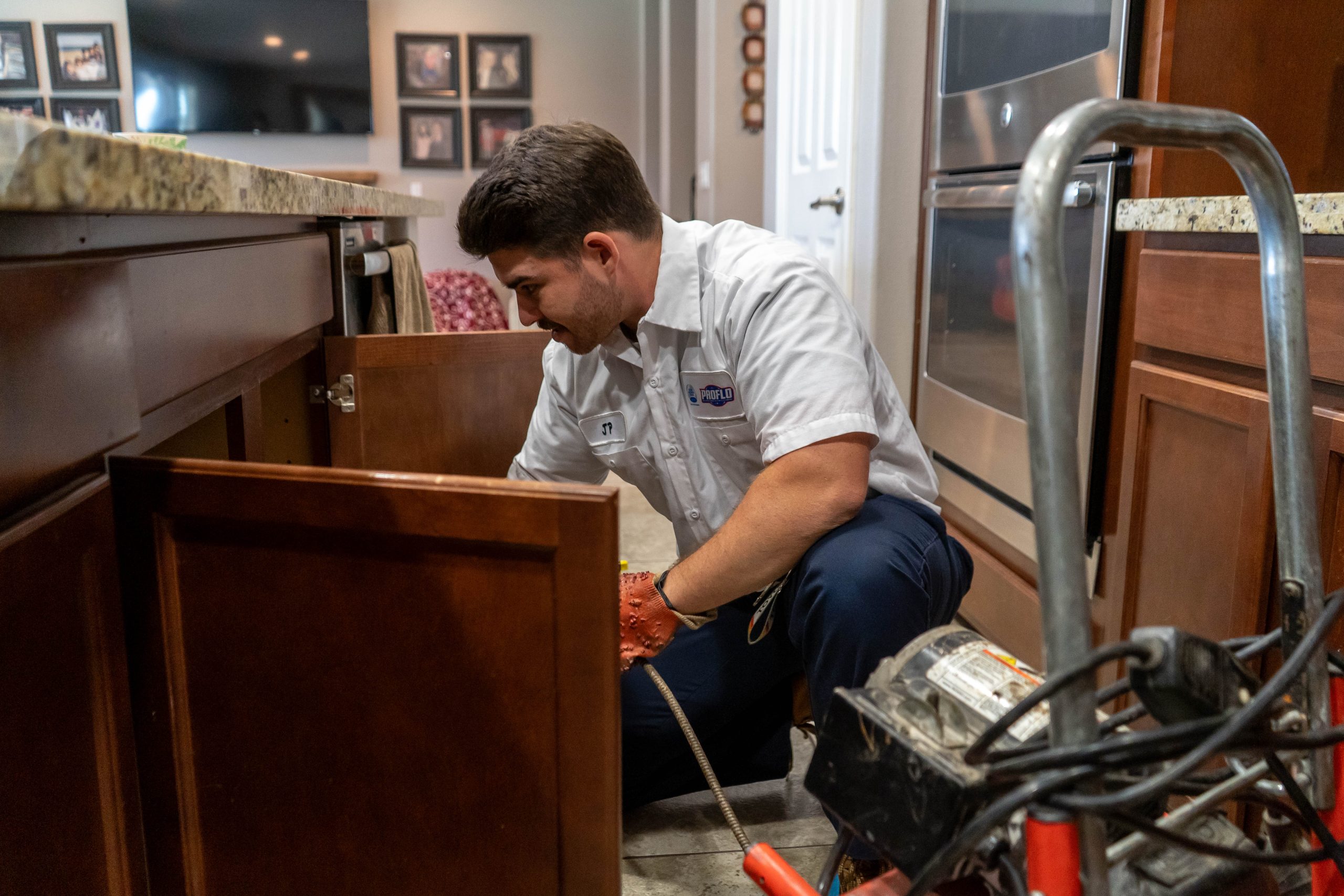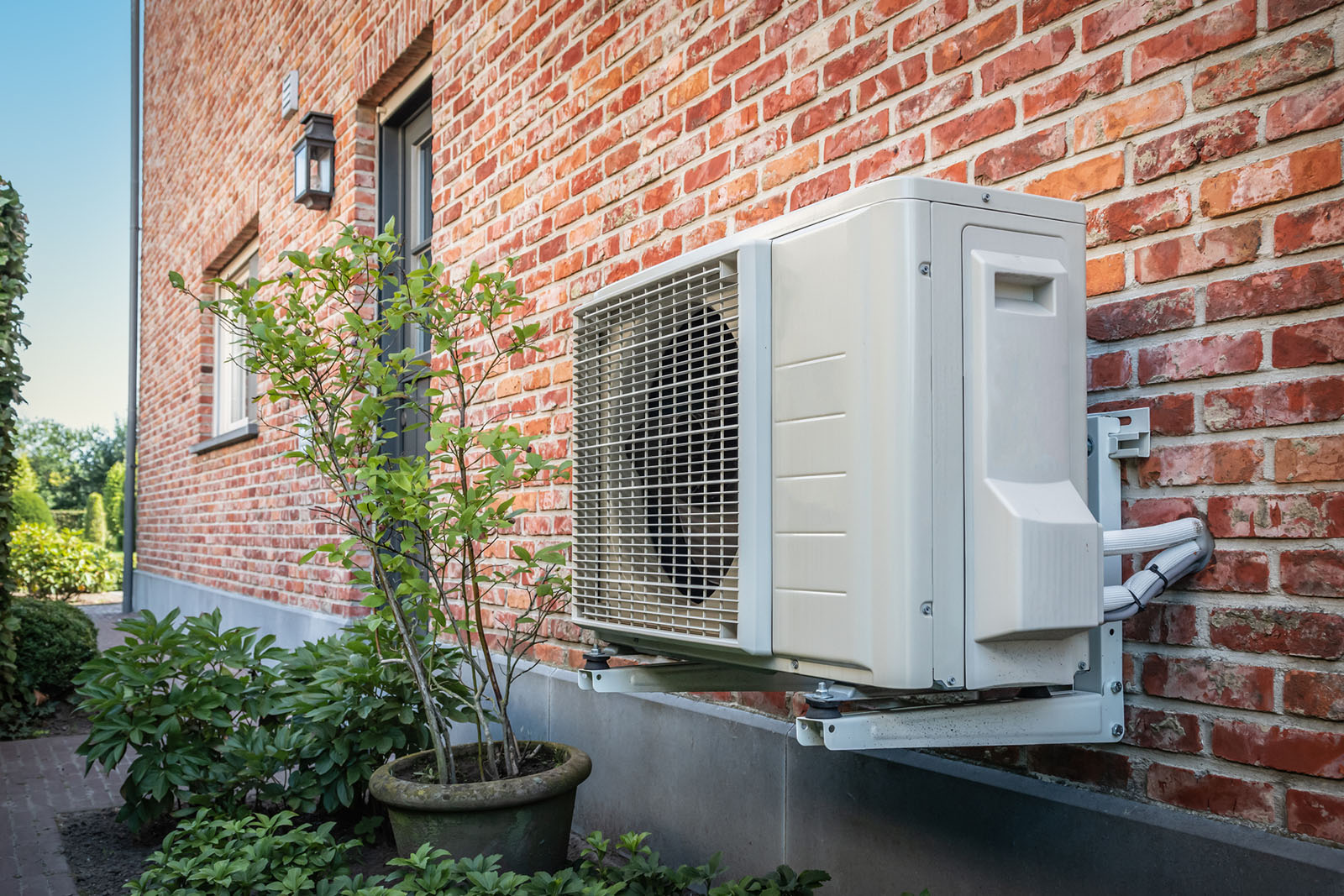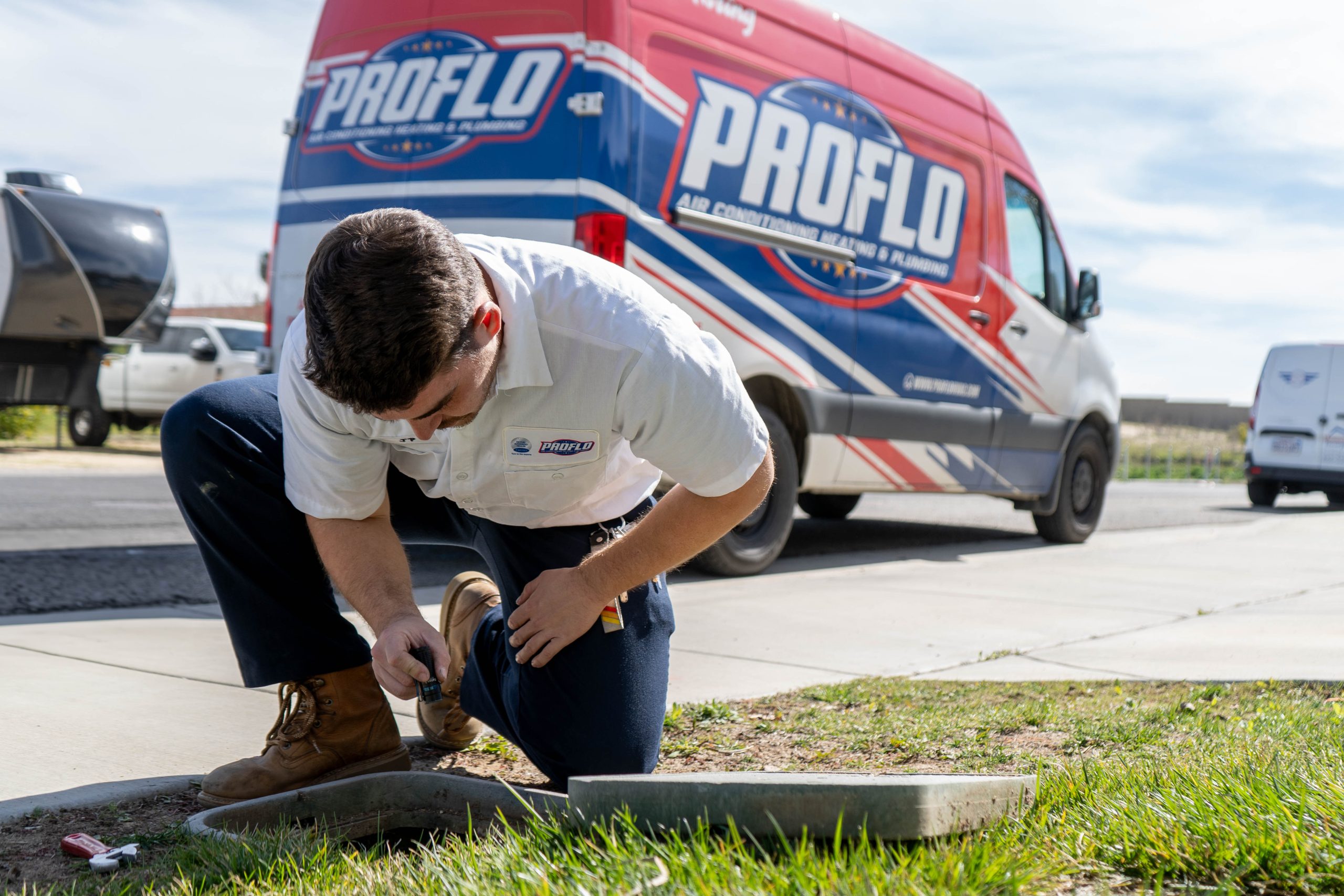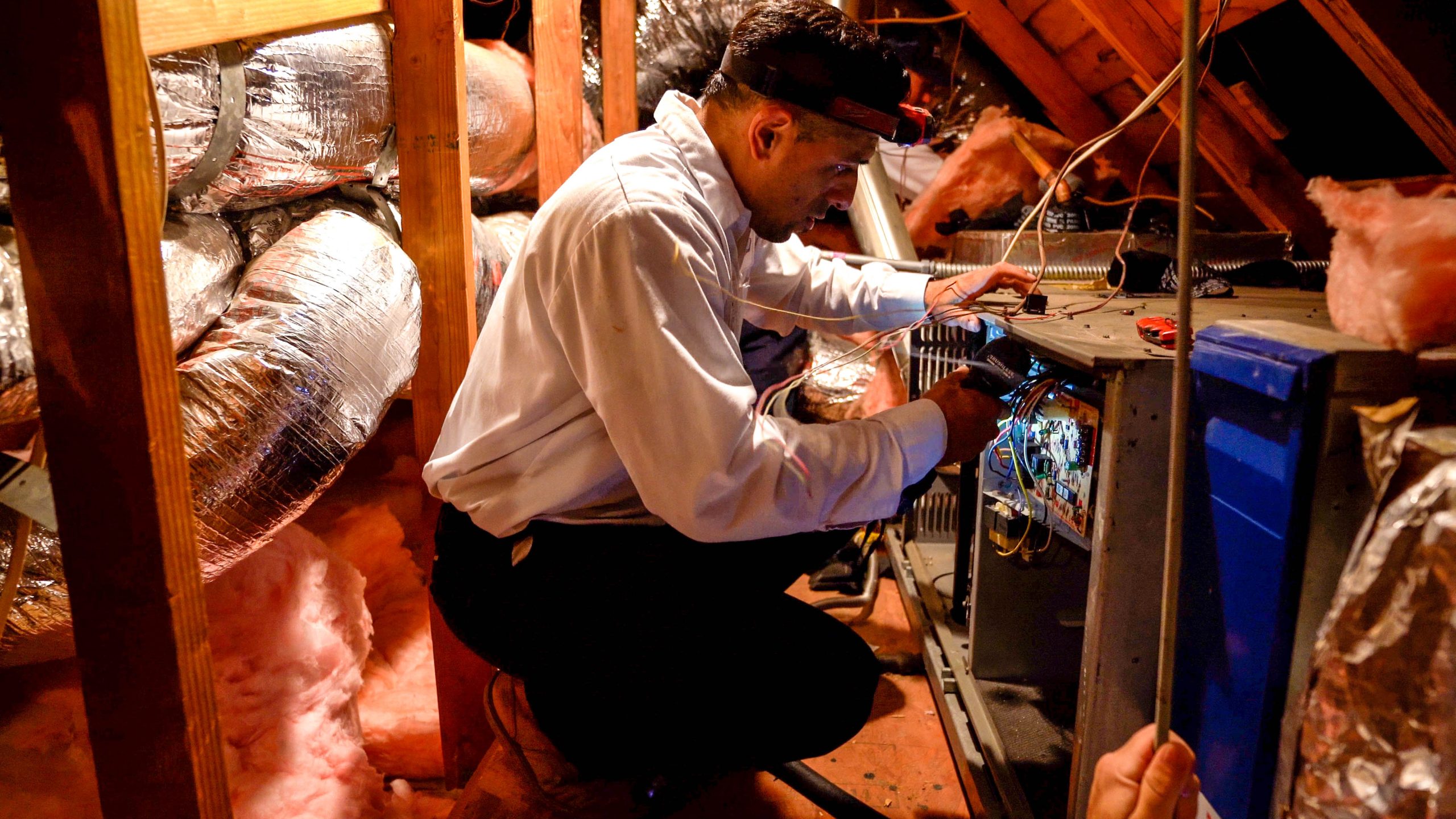Top 5 Common Questions About Plumbing Leaks Answered
November 26, 2024
A leak is one of the most common plumbing issues homeowners experience. Whether it comes in the form of a faucet leak or a serious slab leak, this issue can cause distress and disruption to home and business owners alike. Fortunately, there are many solutions available, from DIY hacks to professional plumbing repair.
The better you understand plumbing leaks, the better you’ll be able to solve yours when it happens — because with leaks, it’s a question of when not if. This article explores the top five questions asked about plumbing leaks. By the end, you’ll be able to detect and diagnose your issue and find the perfect solution!
What Are the Causes of a Pipe Leak?
There are three primary causes for a leaky plumbing system: excessive pressure, corrosion, and cracks. However, these issues aren’t always mutually exclusive. Increased pressure can easily cause cracks to develop, which leads to leaks, but looking at them independently can help you better understand them.
Excessive Pressure
Pipes are designed to handle a certain pressure level, but this can be exceeded due to obstructions and other factors that increase pressure. If they’re pushed too far, they can crack or spring a leak, requiring professional pipe repairs.
Cracks
While advancements in plumbing technology have reduced the frequency of cracks, they are still possible. If your pipes crack, the water — and any other fluids poured down your drain — will begin to seep out, causing pools and bacteria growth.
Corrosion
Corrosion is caused by various factors, including your water’s pH balance, temperature, chemicals, oxygen content, and pressure. Corrosion deteriorates your pipes, weakening their integrity and eventually causing leaks. Treating your water is one way to prevent leaks.
What Are the Signs of a Plumbing Leak?
Fortunately for homeowners, there are many warning signs of a leak that indicate the existence of a problem before it can do too much damage. These include visual signs like water damage, warping, and mold growth along the walls or ceiling, which indicate pooling water.
Another clear indication is higher-than-normal water bills. Your water bills should be fairly consistent unless you’ve dramatically changed your water usage. If your bills suddenly increase, it may indicate a leak somewhere in your house.
Puddles, a drop in water pressure, increased humidity, and wet spots in your lawn are other indicators of a potential leak. Investigate the piping, checking to see if rust is forming, which would indicate a leak somewhere within your plumbing system. If you notice any of these signs, hiring a professional leak detection service will help you root out the culprit.
Where Do I Look for Plumbing Leaks?
You may be able to find the leak yourself, which would save your plumber time on your repair job. The bathroom, walls, and kitchen are common areas to check for leaks. Just because you can’t find the source of the leak immediately, however, doesn’t mean it isn’t there.
Bathrooms
Look for moisture underneath the sink, and if there isn’t any, move on to the shower and tub. Splash water around the tub or against the shower door to see if any of it leaks onto the floor, and check the caulking for potential cracks. Check the floor to see if puddles are forming around the toilet, indicating a leak nearby.
Walls
It’s easy to identify a wall leak since it leaves dark spots and warping. However, you may have to follow the moisture to locate the source of the leak. Once you’ve found the root, you can hire a plumbing repair service to fix the leak. A professional plumber can also help you find the source of the leak if you aren’t able to do so.
Kitchens
Start with the sink, checking for moisture around the P trap or beneath the cabinets. Alterations to your kitchen floor may also point to a leak from the sink, like loose laminate caused by a build-up of water beneath the flooring material.
How Do You Prevent Plumbing Leaks?
Plumbing leaks can cause disruption and unplanned expenses, which is why it’s best to prevent them if you can. There are several practices you can do to give your plumbing system the best chance at working optimally for years, such as keeping your cabinets uncluttered. Too many objects beneath your sink can cause damage to your pipes.
Sometimes, the best way to prevent a leak is to update your plumbing system. A corroded faucet or pipes may be cheaper to replace than repair, especially if locating the correct parts is difficult. Otherwise, you’ll constantly need plumbing repair services, which will cost more in the long run than simple pipe replacement.
While you may not always be able to prevent a leak, you can minimize the damage. Immediately shut off your water using the main shut-off valve if you notice a leak. This will prevent further damage to the pipes, walls, and flooring.
What Are the Dangers of a Plumbing Leak?
A leak can cause significant damage to your home as it seeps through your walls and flooring, causing structural damages that require more extensive repairs. As plumbing leaks can cause pools to collect, they promote bacteria, mold, and mildew growth, affecting air quality and creating health risks for your family and visitors. The sooner you hire a local plumber, the less damage the leaks will do to your home.
ProFlo offers reliable and efficient plumbing maintenance services for home and business owners in the Inland Empire. We’re experts in navigating complex plumbing systems, rooting out leaks, and repairing them with exceptional technical savvy. Our services include water heater repair, drain cleaning, and other plumbing services crucial to keeping your home functional. Call ProFlo today at 951-694-1300 or contact us online to schedule an appointment.















